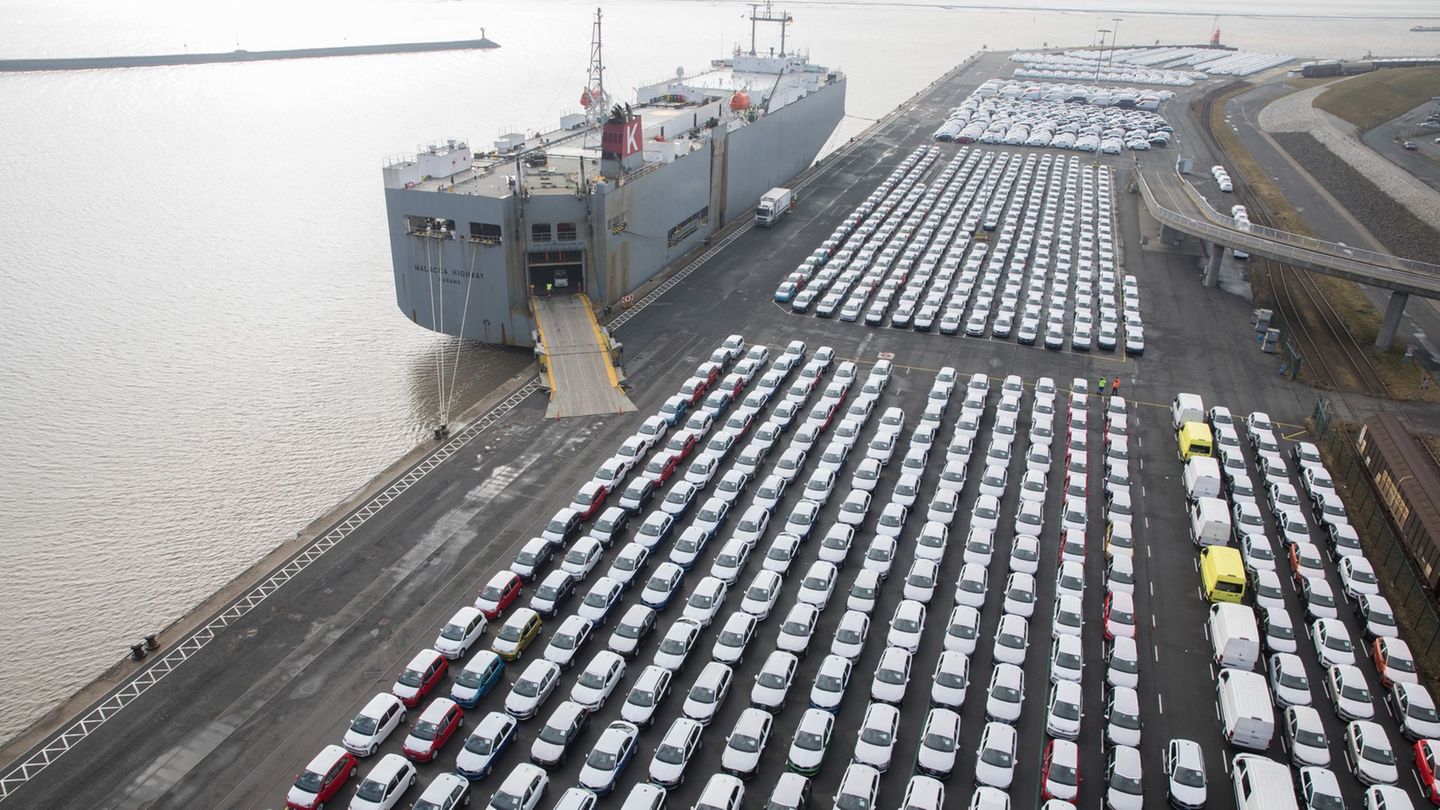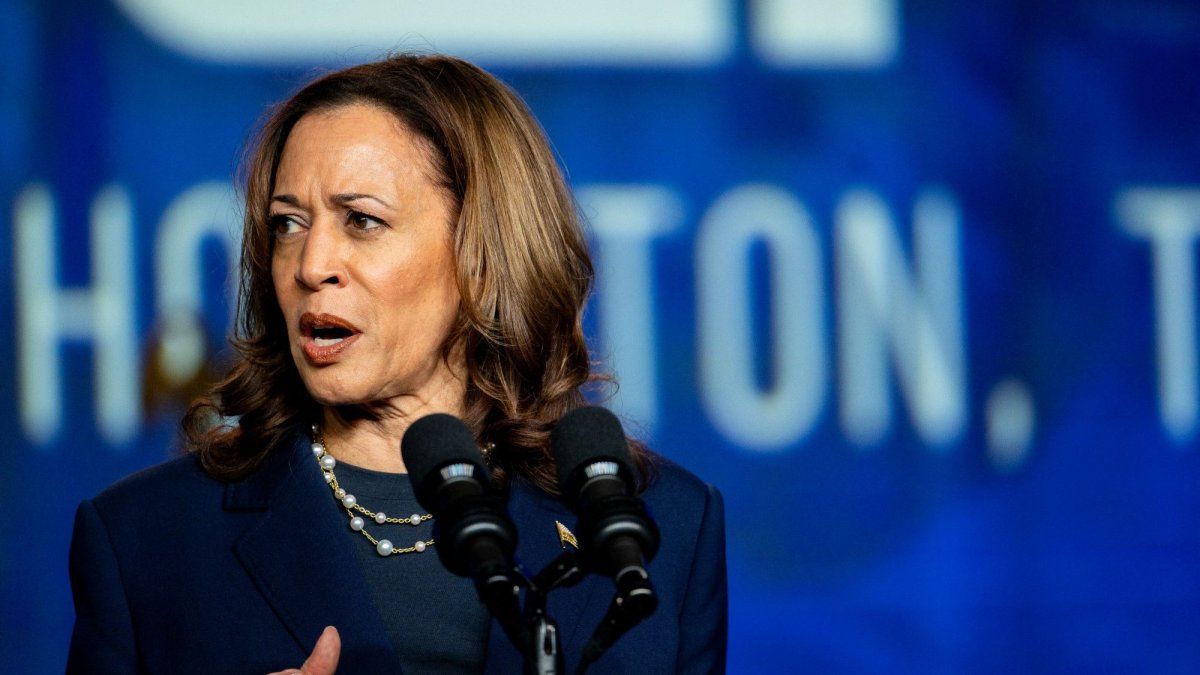industry
These federal states suffer from Trump’s tariffs – one could even benefit
Copy the current link
Add to the memorial list
Donald Trump’s tariffs are preparing the German economy – especially the automotive industry. However, a federal state is very good.
Lower Saxony, Baden-Württemberg and Saarland suffer the most from US President Donald Trump. You lose a current evaluation of the Ifo Institute with three different scenarios most of industrial added value, depending on the country and scenario between 1.7 and 3 percent. Saxony-Anhalt and the other North German countries, on the other hand, shrink.
“Structural differences between the federal states are crucial like a strong presence of the automotive industry,” says IFO economy expert Robert Lehmann. Accordingly, Bremen and Bavaria, in which there is also a strong presence of the auto industry, are only minimally weaker than the three countries already mentioned.
Hamburg can hardly harm Donald Trump
The big exception is Hamburg: in one of the three scenarios it benefits, at least it does not suffer in one. “Hamburg’s industrial focus on other vehicle construction, including shipbuilding, could compensate for the negative customs effects of the other industries,” says Marcel Thum, Managing Director of the Dresden IFO branch.
In the study, the Ifo experts examined three scenarios:
- Only product -specific tariffs
- A mix of 10 percent with additional product -specific tariffs, for example on steel and cars
- The tariffs known by Trump as reciprocal – i.e. 50 percent for the EU with product -specific exceptions
For most countries, the product -specific tariffs would be the most bearable variant. Lower Saxony has the greatest minus with 2 percent, Hamburg even a slight increase of 0.7 percent. The lower scenario, on the other hand, is usually the worst, with declines of up to 3 percent in Baden-Württemberg and Saarland. Hamburg also gets it best here with minus 1.5 percent. It will be crucial which customs policy the US government is pursuing after the 90-day break in negotiations, according to the IFO.
Dpa
EPP
Source: Stern




